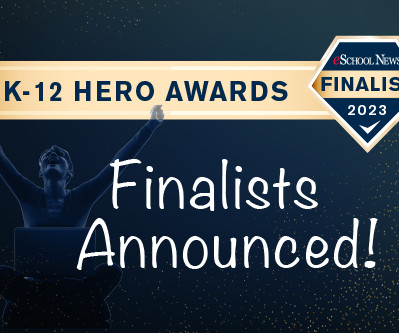Digital Equity: It’s More Than Just Student Access
techlearning
SEPTEMBER 27, 2018
Digital equity is one of the most complex and urgent issues facing 21st-century educators. It’s an economic concern, as schools consider how they can ensure equal access for all. And it raises questions about gender and race: How can schools inspire more girls and students of color to pursue STEM? A student at William J.
















Let's personalize your content